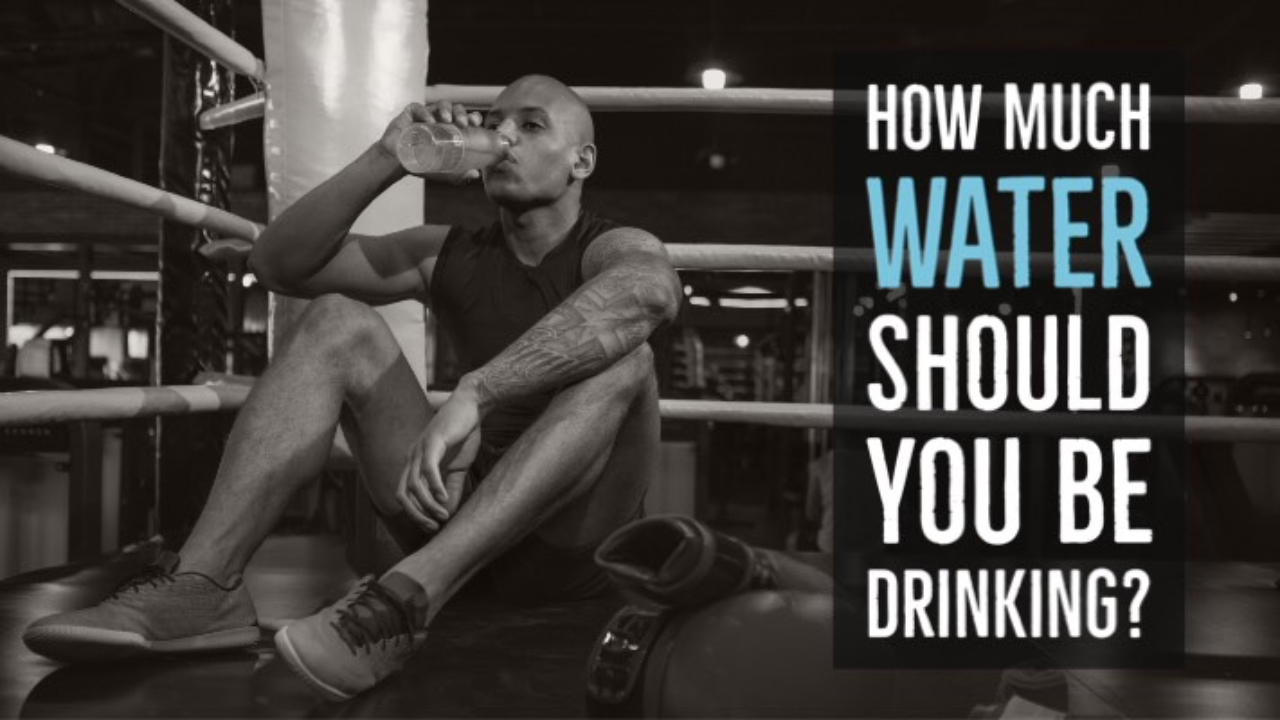
How Much Water Should a Fighter Drink Daily? Hydration Tips for Peak Performance
Navigating the fitness world can be a maze, especially when it comes to the basics like hydration. As someone who's lived through the sweat and grind of the gym, I understand the challenges you face. Let's unravel the mystery behind one of the most crucial elements for peak performance: water. Ready? Let's get hydrated!
Why is Hydration so Important for Fighters?
- Muscle Function: Our muscles are 75% water. Dehydration can lead to muscle fatigue, decreased strength, and even cramps.
- Joint Lubrication: For those takedown moves and swift punches, you need smooth joint movements. Water acts as a lubricant for our joints.
- Temperature Regulation: We all know how heated those sparring sessions can get. Water helps regulate our body temperature, ensuring we don’t overheat.
The Downside of Dehydration
- Reduced Stamina: Ever felt drained out way before your workout ends? Lack of water could be the culprit.
- Impaired Concentration: Focus is vital in the ring. Dehydration can cloud your judgement.
- Slower Recovery: Water aids in transporting nutrients that help with muscle recovery. Less water means slower healing.
How Much Should Fighters Drink?
Now, the golden question. While the '8x8' rule (eight 8-ounce glasses a day) is popular, fighters need more due to intense physical activity.
- Typically, fighters should aim for at least 3-4 liters (about 0.8-1 gallon) daily.
- During heavy training days, this could go up to 5-6 liters (1.3-1.6 gallons).
When Should You Hydrate?
- Before Training: Drink at least 500ml (17 ounces) 2 hours before training.
- During Training: Keep a bottle handy. Sip every 15 minutes, around 250ml (8 ounces).
- After Training: To replenish, aim for 500ml-1 liter (17-34 ounces) within the first hour post-training.
Types of Water to Consider
- Tap Water: The most accessible type, just ensure it's clean and safe.
- Filtered Water: Removes many contaminants found in regular tap water.
- Electrolyte-infused Water: Great for post-workout when you need to replenish lost salts.
- Natural Spring Water: Free from chemicals but ensure it's sourced from a clean spring.
- Distilled Water: While it's the purest form, it lacks minerals. So, it's not the best for regular drinking.
A Few Hydration Tips to Remember:
- Monitor your urine. Aim for a light yellow color – a sign of good hydration.
- Don't rely on thirst alone. By the time you're thirsty, you might already be dehydrated.
- Include hydrating foods in your diet. Think watermelon, cucumber, and oranges.
Closing Thoughts
Remember, water is your ally in the ring. While training hard is important, so is staying well-hydrated. So, the next time you lace up those gloves, make sure you've got that bottle of water by your side!
Citations:




